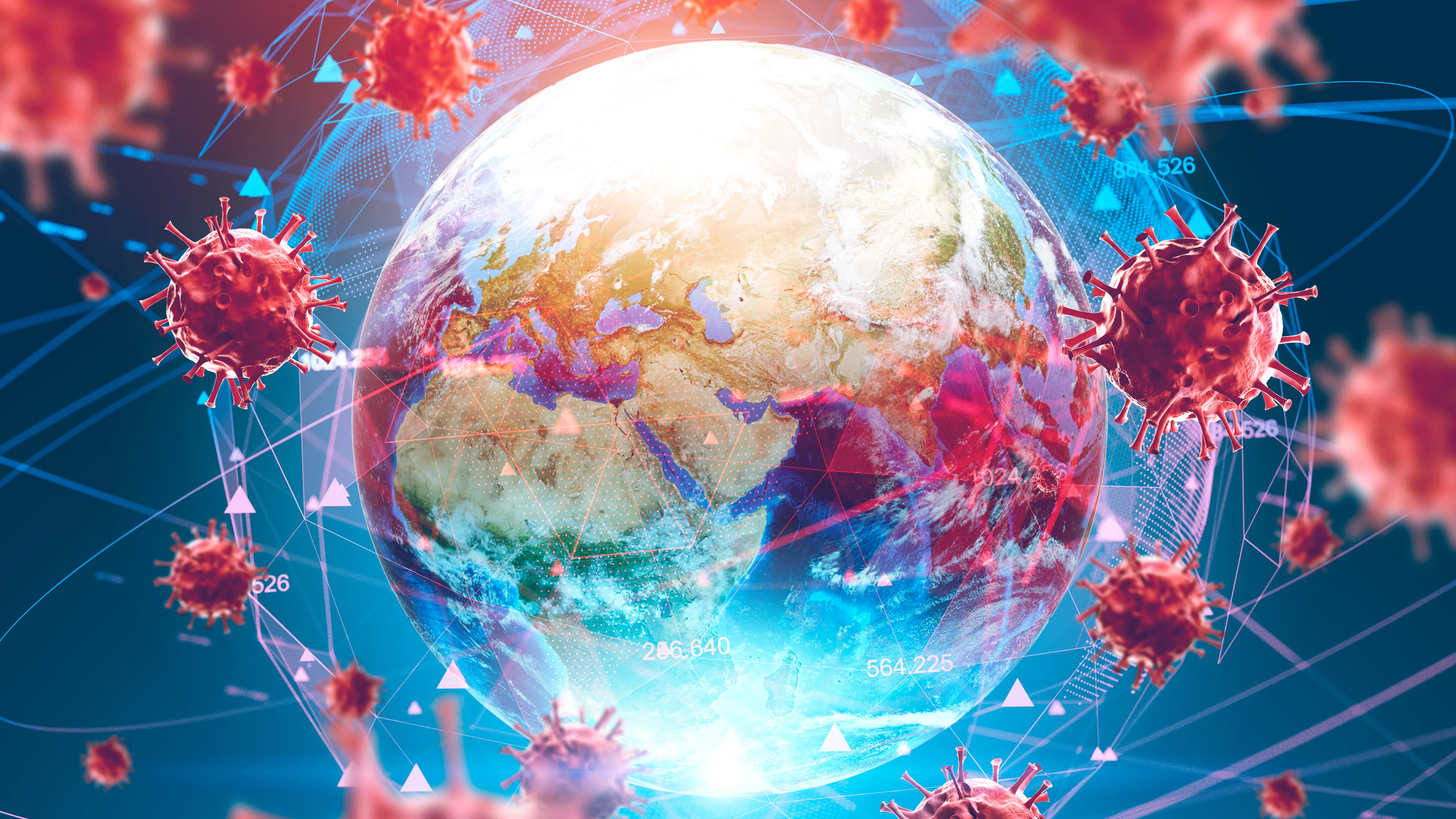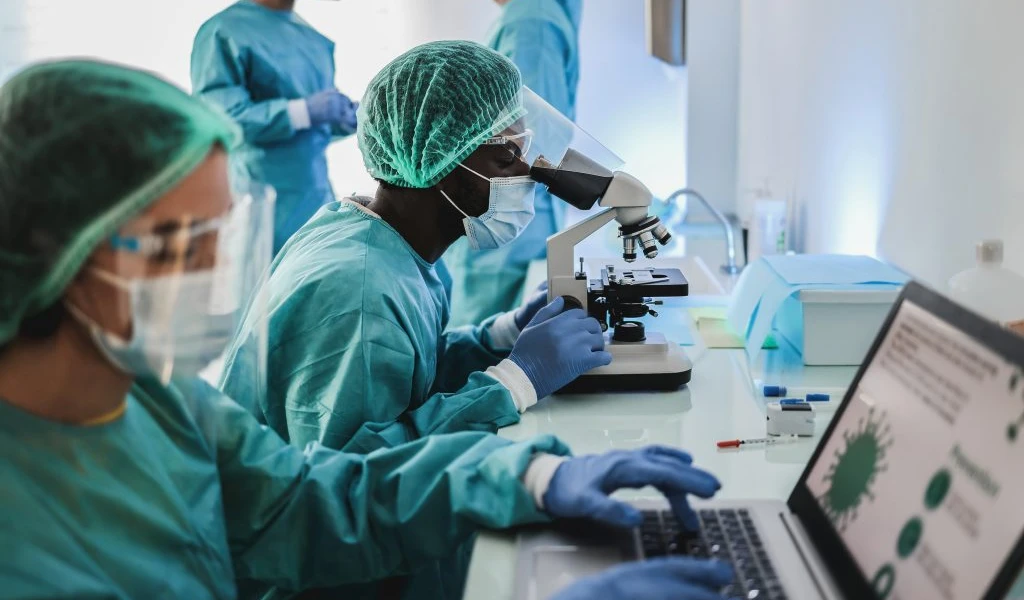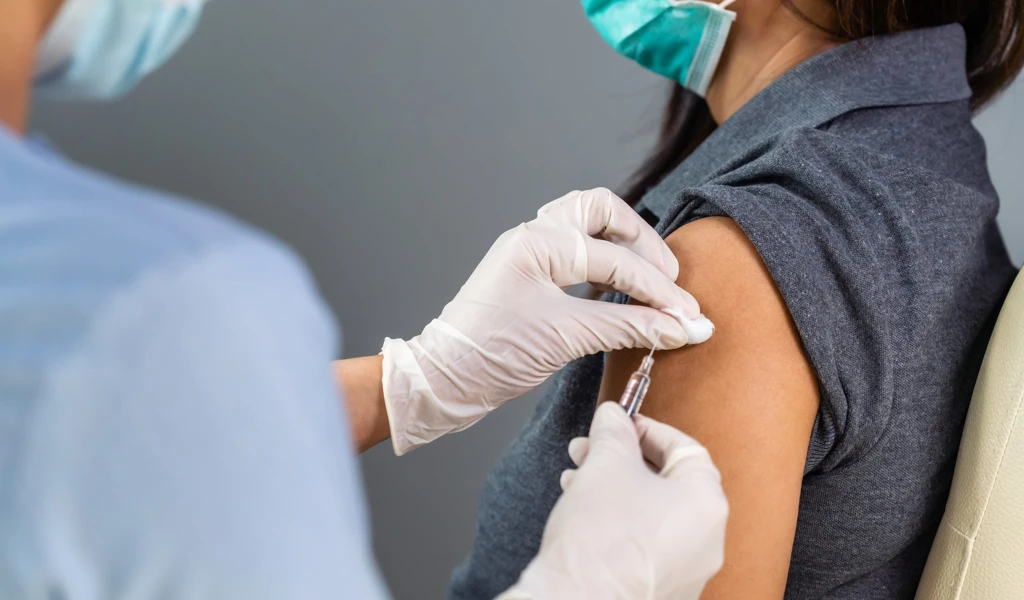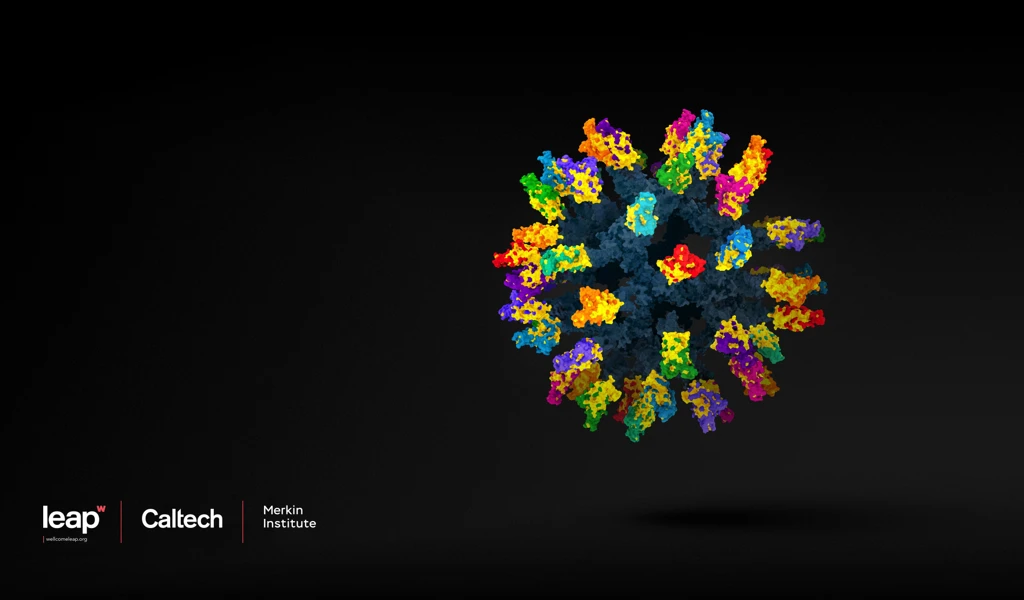Unleashing the power of science to work for everyone everywhere

The coronavirus pandemic has changed the experience of life for everyone, everywhere. It has ruined lives, damaged livelihoods, devastated economies, and kept families apart. It has also driven astounding progress in the biological sciences, particularly in vaccine development, which may well be one of the few silver linings to what we've gone through.
As leaders of the G20 meet in Rome, they and the world have a unique opportunity to build on the unprecedented speed with which vaccines were developed and deployed to lay the foundations for future global health security. An unfolding revolution in vaccinology enabled the first candidate vaccines to enter clinical trials just two months after the genetic sequence for the novel coronavirus was published. Accelerated production at dozens of manufacturing sites around the world has already resulted in close to seven billion doses of vaccine being administered to date. This global effort has undoubtedly saved millions of lives.
Sadly, these lives haven't been saved equally around the world and these astonishing scientific achievements have not been matched with equitable access to the social goods that they have produced. As they begin reflecting on the future of health security, G20 leaders must also intensify their support for COVAX and related initiatives in a global effort to address the current inequities in vaccine distribution.
For the future, it's clear that we that must harness the power of science as well as the lessons learned from our struggle against COVID-19 to reduce the risk of future epidemics and pandemics. In responding to COVID-19, we have both demonstrated the potential of new vaccine technologies and pioneered new ways to compress vaccine development timelines. We can build on these advances to ensure an even faster and more effective response the next time an unknown pathogen comes across the viral frontier.
Critically, we must embrace a more global perspective if we are to improve our performance in the future. The system in place when the pandemic began, with no global mechanism to promote globally fair allocation, and vaccine production concentrated in the US, Europe, India and China, produced an outcome that might have been anticipated, with these regions gaining preferential access to vaccine.
The Coalition for Epidemic Preparedness Innovations (CEPI) is dedicated to the idea that public sector funding for epidemic and pandemic preparedness should benefit all, equally — unleashing the power of science to work for everyone, everywhere. Our raison d'être is to advance science while ensuring access.
At CEPI, we're aiming high: Our "moonshot" goal is to compress the time it takes to develop and deploy new vaccines against an emerging disease to just 100 days. In the current crisis, achieving this timeline would have had enormous impact: the first doses of vaccine would have become available on April 20th 2020, when there were only 2.3 million confirmed cases of COVID-19 worldwide, rather than on December 8th 2020 when the disease had infected more than 68 million people. Those extra 232 days could have saved many of the almost 5 million lives so far lost to COVID-19 and prevented trillions of dollars of economic damage. Early control of transmission would also likely have reduced the risk of mutations — perhaps preventing the emergence of the deadly and highly contagious Delta variant.
Emerging infectious diseases represent an existential threat to our way of life. Eliminating this risk may seem an impossibly ambitious goal. But scientifically, given the tools now available to us, we have good reason for believing such a goal is within reach. Politically, it's a question of recognizing and embracing the scientific opportunity, accepting the moral obligation to try, and committing the necessary funds.
It's not as though the world's wealthiest nations can't afford it. Compared with the costs of a pandemic, the costs of prevention are negligible. During the COVID-19 pandemic, governments have spent trillions of dollars responding, including billions of dollars on research and development that has produced vaccines now primarily locked up in bilateral deals. This has protected many of those at risk, but has also left hundreds of millions of others vulnerable. This inequitable distribution of vaccine has prolonged the acute phase of the pandemic and provided fertile ground for the emergence of dangerous variants.
In confronting the challenges of climate change and cyber security, G20 leaders have recognised that self-interest and global interests are one and the same. Just as we live in a digitally and meteorologically interconnected world, we also live in a world that is biologically interconnected. With the right investments, Presidents and Prime Ministers of the G20 nations can help CEPI and the world prepare for almost any pathogen — old or new, known or unknown — that we might encounter. With the right investments, they can protect their people, protect the world, and prevent future pandemics.


